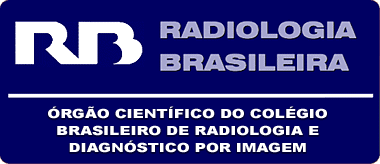Abstract
Objective:
To evaluate the performance of 18F-fluorodeoxyglucose positron-emission tomography/computed tomography ( 18F-FDG PET/CT) in localizing epileptogenic zones, comparing 18F-FDG injection performed in the traditional interictal period with that performed near the time of a seizure.
Materials and Methods:
We evaluated patients with refractory epilepsy who underwent 18F-FDG PET/CT. The reference standards for localization of the epileptogenic zone were histopathology and follow-up examinations (in patients who underwent surgery) or serial electroencephalography (EEG) recordings, long-term video EEG, and magnetic resonance imaging (in patients who did not). The 18F-FDG injection was performed whether the patient had an epileptic seizure during the EEG monitoring period or not. The 18F-FDG PET/CT results were categorized as concordant or discordant with the reference standards.
Results:
Of the 110 patients evaluated, 10 were in a postictal group (FDG injection after a seizure) and 100 were in the interictal group. The 18F-FDG PET/CT was concordant with the reference standards in nine (90%) of the postictal group patients and in 60 (60%) of the interictal group patients. Among the nine postictal group patients in whom the results were concordant, the 18F-FDG PET/CT showed hypermetabolism and hypometabolism in the epileptogenic zone in four (44.4%) and five (55.6%), respectively.
Conclusion:
Our data indicate that 18F-FDG PET/CT is a helpful tool for localization of the epileptogenic zone and that EEG monitoring is an important means of correlating the findings. In addition, postictal 18F-FDG PET/CT is able to identify the epileptogenic zone by showing either hypometabolism or hypermetabolism.
Keywords:
Positron emission tomography computed tomography/trends; Epilepsy/diagnostic imaging; Fluorodeoxyglucose F18/administration & dosage; Electroencephalography/methods; Magnetic resonance imaging

 Thumbnail
Thumbnail
 Thumbnail
Thumbnail

